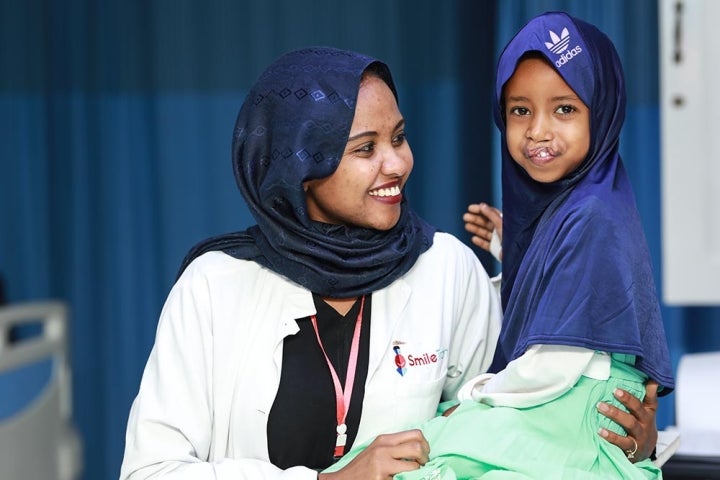Counseling and Support
The harm caused by clefts is psychological as well as physical. We're here for that, too.

All caregivers want their children to develop a positive self-image, to have the same opportunities as other children, and to mature into well-adjusted, productive adults. Caregivers of children with clefts share these hopes and dreams, but often wonder whether their child's cleft will keep them from reaching them. It is essential that children with clefts receive psychosocial support as needed to ensure that their self-esteem and confidence flourish. It is no less essential that their caregivers have a community of support as they bring their children through medical appointments and treatments while managing their own complex emotions.
There are many groups dedicated to supporting cleft-affected children and their families. Some are led by specialists and specific organizations, while others are spearheaded by the families themselves. Some offer in-person activities, such as cleft camps, while others are virtual, such as closed Facebook groups. Each has its own personality and strengths, so it is important for families to explore their options to see which best meets their needs.
In addition to these resources, support can be found through CLEFTLINE, a toll-free number for information about cleft lip and/or palate. They can be reached at 1-800-24-CLEFT (1-800-242-5338) or 919-933-9044.
Caregivers and Family Resources
Financial Assistance
Depending on where you live, cleft surgeries and other comprehensive cleft care can be expensive. Smile Train provides financial support to cleft teams across 75+ countries so they have resources to provide free, high-quality care. Please speak directly to a partner cleft team near you to see if you qualify for grant assistance.
